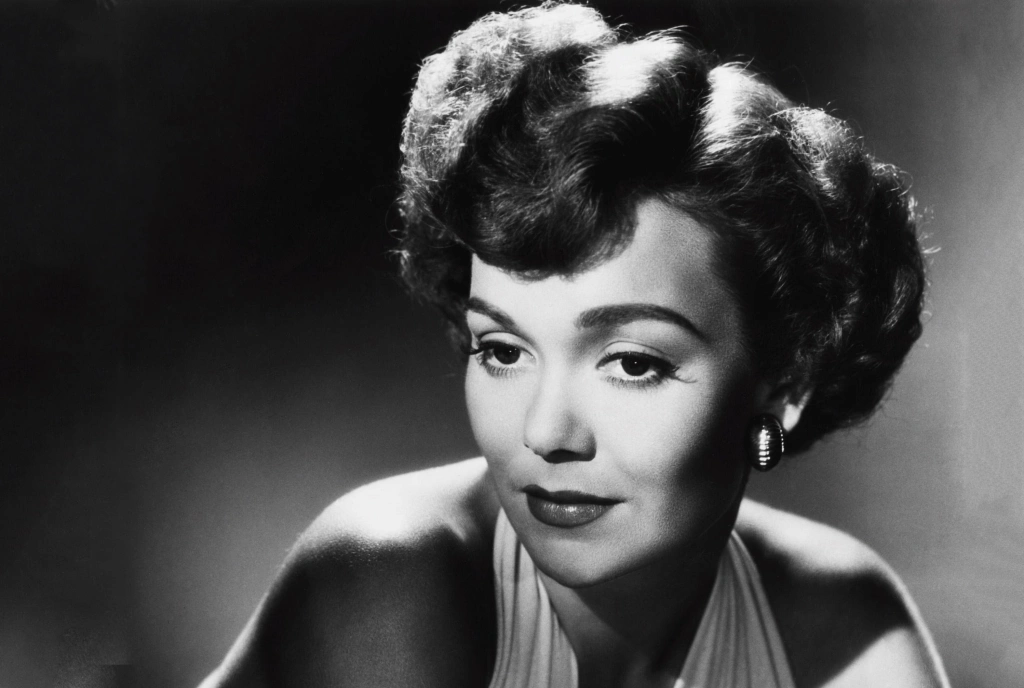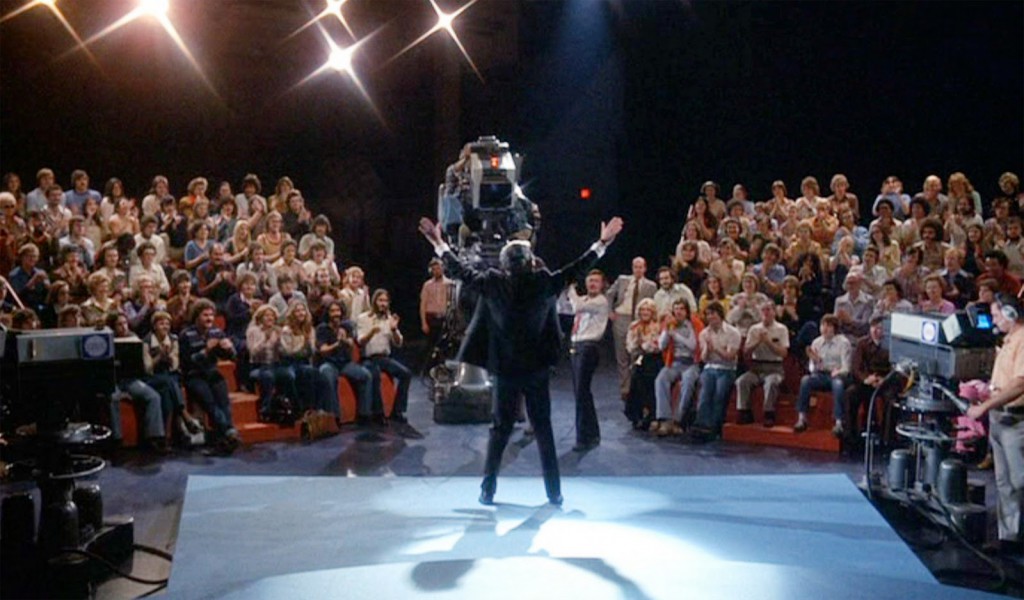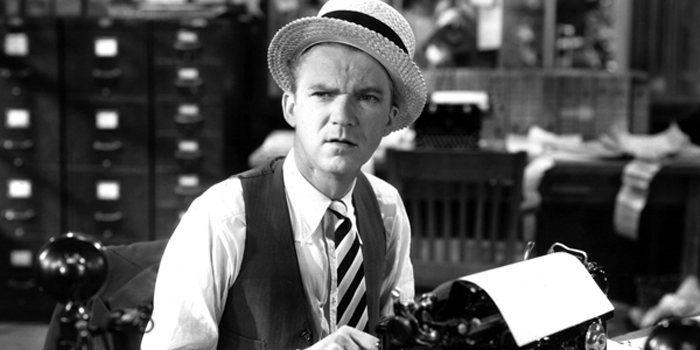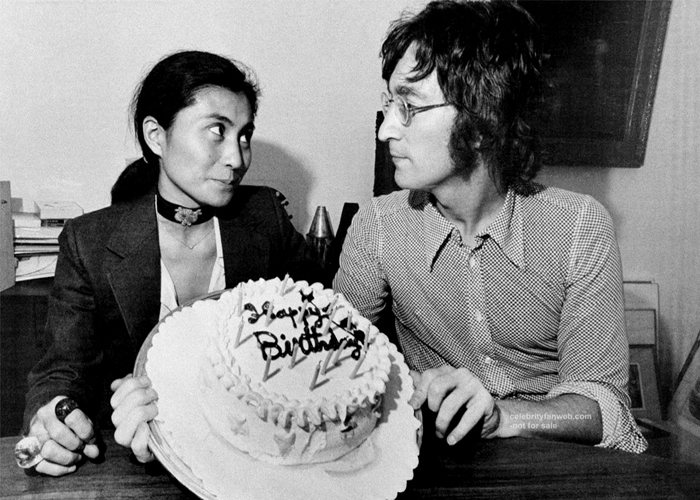Perhaps one of the many reasons I have such a deep admiration and respect for Marilyn is due to the fact that the first film I saw of hers, or rather, the first film I remember watching start to finish ( Marilyn’s films are so rooted in our cultural subconscious that someone can feel as though they’ve seen her films even if they haven’t) was not her fluffy, fun, frivolous light comedies that immortalized her. The white pleated blowing skirt in The Seven Year Itch and the pink-gowned diamond-digger in Gentlemen Prefer Blondes. (In which, of course, she is dynamite.) Rather, it was a strange little noir called Don’t Bother to Knock. And it was scarcely a typical first encounter. It was in fact atypical. Don’t Bother to Knock is a curious, offbeat noir. The fact it originally was slated to be helmed by noir master Jules Dassin shows how seriously 20th Century Fox was taking the film: Zanuck granted a modest budget, assigned talented scribe Daniel Taradash to the script (soon to adapt From Here to Eternity) and wanted high production value… perhaps because he was still not sold on Marilyn’s (as-of-yet) unproven ability to take on a dramatic role. Fox assigned studio director Roy Ward Baker and his direction lacks the stylized tension that so permeates the noir film in general (take for example Marilyn’s previous film, Fritz Lang’s Clash By Night’s starring Barbara Stanwyck, or her next film, Henry Hathaway’s Niagara), but it in spite of the static direction, the film possesses an undeniable electric current with Marilyn as its conductor. In Don’t Bother to Knock, Marilyn was no “dumb blonde”. She was an actress. A damn good one. Her performance as Nell Forbes managed to both scare the shit out of me, and leave me in tears. It is a heartbreaking, soul-bearing performance that was the first truly great dramatic performance of her career.

And, in typical Hollywood fashion, her bottom-line money-mongering studio zookeepers would not allow it again. Monroe would have to take her career into her own hands, forming her own production company 4 years later with Bus Stop (my personal favorite of her films), before she would again have the chance to prove herself a serious talent to be reckoned with.
The premise of Don’t Bother to Knock is simple. A family hires a babysitter to look after their young daughter for the evening while they attend a dinner party. They are staying in a hotel, and the porter (Elisha Cook Jr.) recommends his niece Nell (Monroe) to babysit the kid. The problem is that Monroe is suicidal. She has only recently been released from a mental institution having gone off the deep end when her fiancé was killed in a plane crash during the war. With the Jones’ downstairs at the party, Monroe tucks the little girl, “Bunny”, into bed and her intensely lonely, quiet life becomes painfully apparent to the viewer as she tries on the fine jewelry and expensive negligee of her well-to-do employers. Her appliqué of lip rouge reveals two scars on her wrists. In a quietly moving scene, Monroe looks at her face in the vanity mirror, admiring the fine diamond earrings, and as she does a plane is heard to pass over the hotel. She crosses to the window and peeks out between the blinds, up into that black sky—the same black sky that had taken away her fiancé. She closes her eyes and the camera, only faintly, registers that she is crying. It’s the moment that I sat straight up in my seat, suddenly glued to this unexpectedly haunted, emotionally naked performance on the screen. I must have been about 15. And I was riveted.
An airline pilot (Richard Widmark) occupying a room across the courtyard from Monroe has checked in to win back his girlfriend, a singer in the hotel lounge who has given him his walking papers (Anne Bancroft in her screen debut). When he sees Monroe’s bombshell figure in the room across the way, he rings the room and invites himself over.
What he thinks is going to be a casual night of hanky panky out to be anything but. Monroe slowly unravels during the course of the evening as he is the first man she’s been alone with since her fiance’s death and she begins to believe that he is her fiancé. Things take a fork knife turn when little Bunny blows Monroe’s cover, crying for her to ‘take off her Mommy’s things’ and Widmark understands that Monroe has been feeding him a line about her being a woman of the world. She’s nothing more than the babysitter, new to New York and lonely.
Against his better judgment, Widmark stays for a bit, visibly moved at Monroe’s confession , but all the while desperate to leave the crazy situation he’s got himself into and get downstairs to see Bancroft again to try one last time to win her back. Monroe begins to believe that her uncle, who keeps trying to check in on her during the night, and the little girl, who is understandably concerned at finding a strange man in the hotel room, are intruders trying to keep her away from her fiancé . And when Monroe sits next to Bunny on the windowpane, looking out at their neighbors’ windows, there is a terrifying moment when it seems as though Monroe actually will push the girl to her death. Widmark steps in and, when his eyes meet Monroe’s, he is suddenly aware that, perhaps, he got more than he bargained for. Behind Widmark’s back, Monroe threatens Bunny into keeping her trap shut and going to bed… or else. And the psychotic glint in Monroe’s eyes leaves no doubt whatsoever that she is perfectly capable of carrying out her threat.

The night quickly caves in on itself when Monroe’s Uncle shows up again, unexpectedly, to check up on her. Monroe shoves Widmark into the bathroom to hide, and takes some very tough love from her Uncle who, upon wiping off the lipstick off Monroe’s face, sends her into a fit and she strikes her Uncle on the back of his head, rendering him unconscious on the bathroom floor. Widmark now knows that this girl is more than just trouble, she is very possibly dangerous, and he flees the scene to meet up with Bancroft downstairs before he loses her forever.
Widmark spills his guts to her about Monroe and the little girl, and Bancroft is hit by his uncharacteristically sincere interest in the situation. Widmark, however, is suddenly overcome with the realization that Monroe might actually do serious harm to the little girl. His intuition has served him well, as Monroe has locked her unconscious uncle in the broom cupboard and has bound and gagged little Bunny whom she blames for the night’s disastrous turn of events. The parents, sick with worry over their phone calls not having got through, show up just in time. Widmark is not far behind, as is the House Detective.

Monroe is a shattered, broken mess, crouching in the corner of the hotel room. A fragile shell of a woman that might, at any moment, be carried away with the wind, like dust, never to be seen again. And, as far as she is aware, her disappearance would matter just as much as dust particles in the wind. And so she sneaks away, unnoticed by Widmark, her uncle and the detective.
Her walk down the corridor is a death march. She leans against the wall for support. Her beautiful eyes wide and full of numbed confusion. Her perfect face cracked with the deep stain of lost, desperate tears. This is not Nell Forbes. This is not Marilyn Monroe. This is Norma Jeane Mortenson. For the final 10 minutes of the film, she is exposed: for all her cosmetic perfection, she is raw and imperfect, alone and afraid, desperate to feel the warmth of love and kindness and respect but all-too aware that she never will. What was Marilyn thinking and feeling during that long, languorous dolly shot? Was she thinking of her own childhood with a mother gone mad? Was she painfully aware of how much she actually had in common with the emotionally spent state of Nell? Whatever the case, there is an infinite depth in those glazed wide eyes, and to a modern audience it is acutely obvious that this emotion is coming from some place very, very deep within.
And when Widmark finds her, in a daze, with a razor in hand, Bancroft is at Widmark’s side. She is moved by his deep concern. It is the only asexual relationship Monroe will ever have onscreen. She is a child in a woman’s body that Widmark wants to protect.
It would be the story of Monroe’s life.

The film was released in 1952 while Marilyn was under contract with Fox, just prior to her watershed success in Henry Hathaway’s sexy, Technicolor noir Niagara which would catapult her into super-stardom. Don’t Bother To Knock was far from sexy. It was not the sort of film, perhaps, audiences wanted to see this white-hot new screen personality in and the film flopped both financially and critically. (Daily Variety, however, was a fan and applauded her performance as “excellent”, and LIFE Magazine keyed in most astutely by calling Monroe’s performance “the genuine article.” ) It’s a shame this particular role is so seldom discussed. A very real 180 from the soon-to-be sex kitten that Fox would brand her as, Monroe is a revelation here. Untrained in dramatics, Monroe’s acting coach, Natascha Lyness, confessed “I have to say that I didn’t think she was ready to take on a role of that magnitude. I underestimated her talent… or at the very least, her resolve. The time we spent on the script—two days, no sleep—was very dramatic and passionate and filled with angst, like Marilyn herself. In the end, she did such a great job that Zanuck saw fit to writer her a note to congratulate her, which surprised thrilled her to no end. She was so insecure and unsure of her ability that any validation at all was considered high praise.” Zanuck may have flattered Monroe, but he had no intention of making a habit of such unglamorous, dramatic parts. “She’s a dumb tomato and half-crazy to boot,” he is reported to have said about Monroe in the film. “In each picture she’ll earn her keep, but no more dramatic roles.” Monroe would stretch her range in Niagara as an emotionally manipulative femme fatale but the role capitalized completely on Monroe’s sex appeal. It was branded as sex. And that’s all anyone saw: explosive, on-your-knees-slave sex. A presence so overpowering, that no one could (or wanted to) see the actress, so strongly competent right in front of them.



Marilyn’s close friend Montgomery Clift, himself an outspoken foe of the Hollywood studio system, later made this comment on Marilyn’s stunted growth as an actress following Don’t Bother to Knock: “Fox wanted to keep a tight grip and drain her dry. Marilyn had a right to make the choice not to demean herself. But the boss wouldn’t let her. They didn’t want an actress. That’s what they’d agreed upon. They sat at their round table and decide that Marilyn wasn’t capable of making a relevant decision.”
Clift would work with Marilyn 8 years later on her final film (and his third to final), John Huston’s The Misfits. Brilliant but doomed like Marilyn, a friend noted “Monty and Marilyn were psychic twins. They were on the same wavelength. They recognized disaster in each other’s faces and giggled about it.” Clift, considered to be one of the most gifted actors of his generation, would call Marilyn the finest actress he ever worked with.
The Misfits, to many, is Marilyn’s finest strongest performance. Written for her by then-husband Arthur Miller, the role could probably be played by any actress… but none as broken and Marilyn’s. Her Method training had allowed her to transcend written lines and bare herself completely. It is a testament to the fragile-yet-formidable talent first unveiled in Don’t Bother to Knock, made undeniable in Bus Stop, and forever cemented in The Misfits.
Of her relationship with her Method acting coach, the legendary Paula Strasberg, Monroe said simply “Whatever road leads to growth, you take.” And if Don’t Bother to Knock, Bus Stop, and The Misfits prove anything, it’s that Marilyn took those risks and traveled those roads that no one believed she should, or could, travel. Thankfully, even though we lost her so many decades ago, these rarely appreciated artistic triumphs live, forever, on film. Who knows. Maybe one day we’ll finally recognize her as the deeply human actress she truly was. Instead of the icon Hollywood created.





Leave a reply to Jill Cancel reply